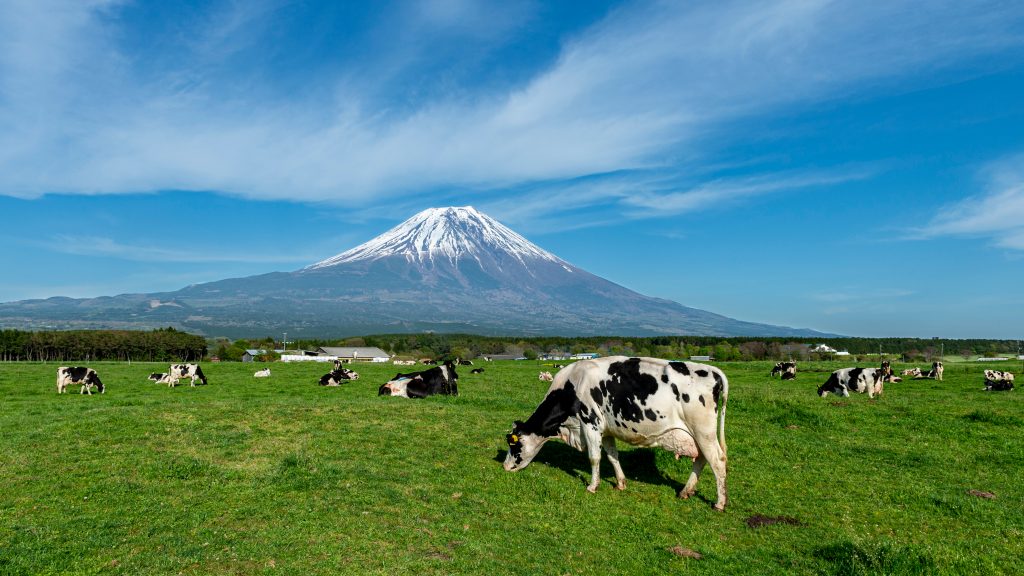
- ARAB NEWS
- 02 Jul 2025

TOKYO: Japan’s agriculture ministry will accelerate research on ways to curb emissions of greenhouse gases such as methane in the fight against global warming.
Gases produced by cow’s account for nearly 30 percent of the greenhouse gas emissions from the country’s agriculture, forestry and fisheries sectors.
In fiscal 2021, which started April, the ministry will investigate microbes in cows’ stomach and feed ingredients to find how to reduce the emissions of the heat-trapping gases.
Japan’s greenhouse emissions from the farm, forestry and fisheries sectors totaled some 50 million tons of carbon dioxide equivalents in fiscal 2018. Of them, methane and dinitrogen monoxide from cows accounted for 13.7 million tons.
Last month, the ministry compiled a new strategy for realizing environmentally friendly agriculture, featuring a program to reduce CO2 emissions from the sectors effectively to zero in 2050.
In the strategy, the ministry included cuts in greenhouse gas emissions from livestock.
When cows digest food, they generate methane gas, which has 25 times the global warming potential of CO2.
Bacteria contained in one of the four stomach compartments of cows are believed to be related to the generation of methane gas.
The ministry will compare ordinary cattle with cows that release less methane gas to analyze how the gas is generated.
By the end of fiscal 2021, the ministry will decide whether to launch a full-fledged demonstration experiment.
On the research into feed ingredients, the addition of unsaturated fatty acid calcium into feedstuff for dairy cows is found to be effective in reducing methane gas in belching by up to some 15 percent.
In fiscal 2021, the ministry will introduce a subsidy program for calcium-added feedstuff to encourage cattle farmers to reduce greenhouse gas emissions.
The ministry is trying to develop nutritionally balanced feedstuff that helps reduce greenhouse gas emissions. It has already started a demonstration experiment at a cattle farm in Tochigi Prefecture, eastern Japan, shipping its beef as environmentally friendly meat.